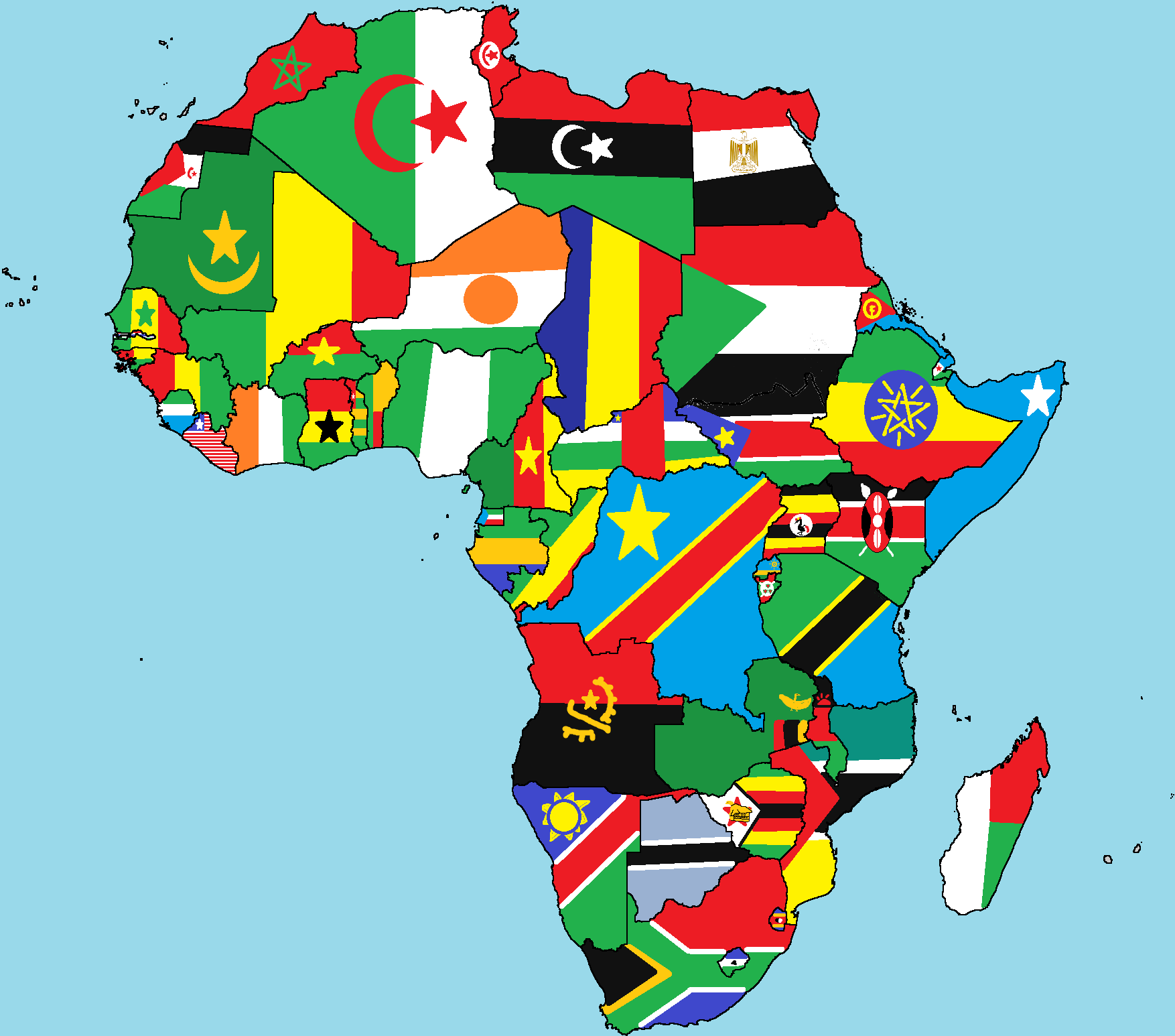Jerome-Mario Chijioke Utomi
Recently, precisely on Wednesday May 25, the world joined the African continent to celebrate the annual Africa Day, a day set aside to mark the anniversary of the signing of the OAU (Organization of African Unity) agreements which evolved into the present day African Union (AU). It had its origin on May 25 1963, when leaders of 30 of the 32 independent African states signed the founding charter of the organization in Addis Ababa.
Since then, it was reported that the commemoration of the historic day by Africans and Africans in the diaspora had served as an opportunity for each country to organize events in order to promote the rapprochement among African peoples. It has now become a deeply rooted tradition in all African countries, and it represents the symbol of the struggle of the entire African continent for liberation, development and economic progress.
- FG closes Lokoja-Obajana-Kabba road 7 weeks for repairs
- Africa Day celebration and industrialization shortage
This year’s celebration is centered on nutrition, with the African Union Theme for the year 2022: “Strengthening Resilience in Nutrition and Food Security on the African Continent”. Alongside the commemoration of the day is the extraordinary summit of the African Union currently taking place in Malabo.
While the leadership of the continent celebrates the flashes of socio-economic achievements of the continent, there are however, reasons for Africans and true lovers of the continent to feel concerned to the happenings in the continent as it more than anything else confirms as true the argument by some European scholars that even though, Africans have recently witnessed remarkable improvement in their culture and civilization, it remains a dark continent lit only by the flashes of foreign penetration and has contributed nothing to world civilization.
Indeed, Africans may have in my view, overtly shown remarkable improvement in their culture and civilization. That notwithstanding, for the fact that after almost 60 years of independence, African countries continually look up to other continents for aid, covertly tells a story of a continent lacking in capacity for taking responsibility for its actions and initiatives for values.
For a better understanding of this piece, the Chinese development aid to Africa, going by reports, totaled 47% of its total foreign assistance in 2009 alone, and from 2000 to 2012, it funded 1,666 official assistance projects in 51 African countries. Also, the Brookings InstitutionAidData study found that at least, 70% of China’s overseas aid was sent to Africa from 2000 to 2014.
Also rings of apprehension is the awareness that the second is most-populated in the world (1.2 billion people), yet, sadly represents only 1.4% of the world manufacturing value added in the first quarter of 2020. This is further exacerbated by the fact that out of over 51 countries in Africa as a continent, only South Africa qualified as a member of BRICS, an acronym coined for an association of five major emerging national economies: Brazil, Russia, India, China and South Africa.
In like manner, a book entitled: Technology and Wealth of Nations chronicled the slanted and unsustainable effort different African governments made in the past to bring their nations out of technological woods, as well as outlined the way forward.
Separate from thoughtfully and masterfully examining the inspirable relationship between technological development and economic progress of nations, the book, deftly argues with facts that the point of sail of all economies is the introduction of the manufacturing sector or the industrial economy. The author establishes that Africa’s prolonged economic plight is centered on the two fundamental challenges of a manufacturing economy.
It traces Africa’s economic backwardness to its roots – a key problem that has kept our policy makers handicapped and our economies crippled. With documented facts on the institutionalized crippling policies and organized sequences of stagnating events of the colonial masters, the author asks: “Why is it that Europe, which hosted the industrial revolutions in the 17th and 18th centuries, did not permit technological education in Africa in about 50 years of colonization, and prefers to send aids afterwards?”
Of course, the above question in my views may not be lacking in merit considering the fact that Africa presently is dotted with projects built with aids from Europe, United States of America (USA) and lately, China.
Whatever the true situation may be, I believed and still believe that there exists something troubling technologically that characterizes Africa more as a dark continent.
More so, looking at the current happenings and commentaries within the continent, it is obvious that fair-minded and well-foresighted Africans are in support of the position as conversed by the book. On the way out of the continent’s technological debacle and the current wealth disparity among nations (industrial economies), Oragwu argued that the current wealth disparity among nations (industrial economies) represented by highly industrialized Europe, North America and Japan on one hand and most developing (non-industrial economies) countries, in particular, those in sub-Saharan Africa, on the order is primarily the difference in the technical capability and capacity to produce and manufacture modern technologies and to use the technologies to produce and manufacture globally competitive industrial goods and to sustain the commanding tasks of science and technology in the economy
The disparity it added, has since considerably widened and will continue to widen as long as the developing countries depend almost totally on industrial nations for the technologies and industrial inputs they need to sustain their economies.
Consequently, the only way to bridge the wealth gap is for the developing countries of the world to build their domestic endogenous capabilities and capacities to produce modern technologies and competitive industrial goods in their own economies. He concluded.
Catalyzing the process will again necessitate African leaders borrowing bodies from Asian tigers in order to raise Africa’s industrial soul.
Utomi writes from Lagos

 Join Daily Trust WhatsApp Community For Quick Access To News and Happenings Around You.
Join Daily Trust WhatsApp Community For Quick Access To News and Happenings Around You.

